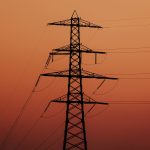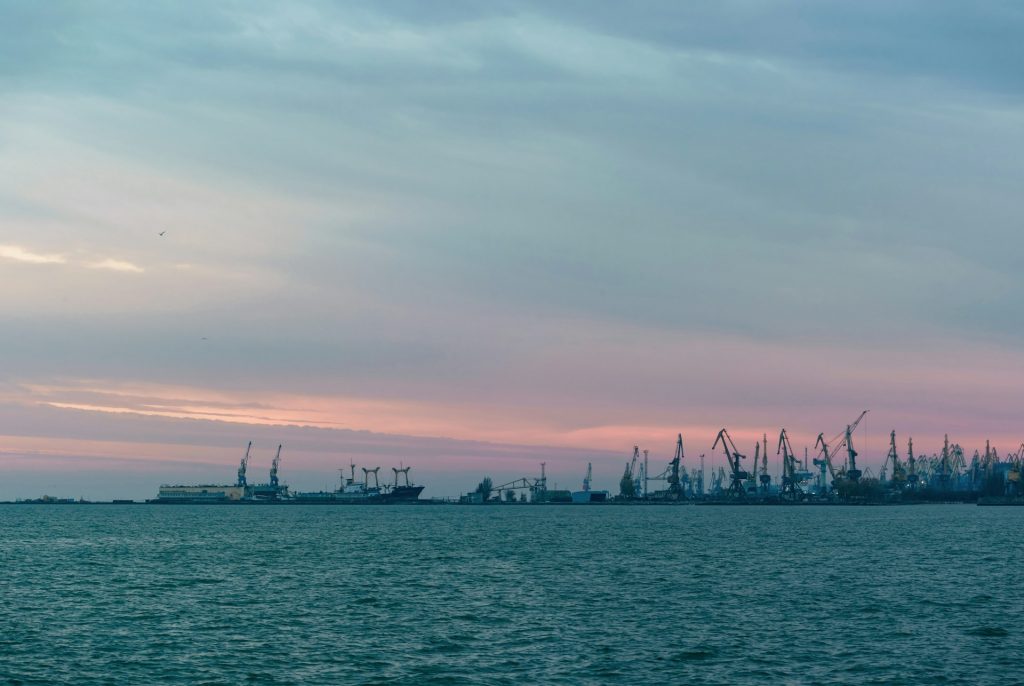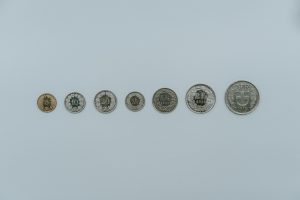Maersk, the renowned shipping company, has emphasized the need for governmental support to continue advancing maritime transport towards zero emissions.
Following the milestone achievement of the Alette Maersk, the first container ship powered by low-carbon methanol to cross the Pacific Ocean, a new challenge has emerged. When the vessel docked at the Port of Los Angeles after its journey from China, it faced a significant issue: there were no facilities in the United States where it could refuel with green fuel. This forced the ship to rely heavily on petroleum-based marine fuel for its return voyage.
In light of this, representatives from AP Moller-Maersk have stated that the shipping industry, which accounts for approximately 3% of global greenhouse gas emissions, requires more affordable and accessible green fuel if it is to decarbonize at the pace that scientists and governments worldwide deem necessary to combat climate change.
“We have very little time,” said Maersk CEO Vincent Clerc.
Maersk has set an ambitious target to achieve net zero greenhouse gas emissions by 2040 and has positioned itself as a leader in its sector’s energy transition. The company currently has five green methanol-powered ships in operation and has placed orders for 20 more.
However, this only represents a small fraction of its fleet, which consists of 700 owned and chartered vessels. The new ships are also dual-fuel, meaning they are equipped to run on fossil fuels when necessary, such as when green methanol is either too expensive or unavailable.
Currently, green fuel costs two to three times more than fossil fuels, and global production is still minimal, according to Maersk representatives.
Maersk also plans to replace up to 60 additional ships with dual-fuel vessels capable of running on renewable fuels, including liquefied biogas. This low-emission fuel, derived from renewable sources, is controversial because it is chemically identical to fossil methane, meaning any leaks release a potent greenhouse gas.
Clerc mentioned that Maersk has urged the administration of U.S. President Joe Biden to use the Inflation Reduction Act to incentivize green marine fuel, similar to how it has supported the trucking and aviation sectors.
Most of Maersk’s ships can also operate on biodiesel, an alternative fuel that has been available for years but still accounts for only a small portion of marine fuel.
In collaboration with CMA CGM, Hapag-Lloyd, and MSC, Maersk has proposed a regulatory framework to the International Maritime Organization. This framework includes a plan to impose a “green balancing fee” on shipping companies that gain a competitive advantage by sticking to lower-cost fossil fuels.










More Stories
Swiss Franc Strengthens Following Interest Rate Cut
PCP Car Finance Scandal: Are You Owed Up to £1,000 in Compensation?
BMW X6 M Competition: A Super-SUV with Muscle and Focus